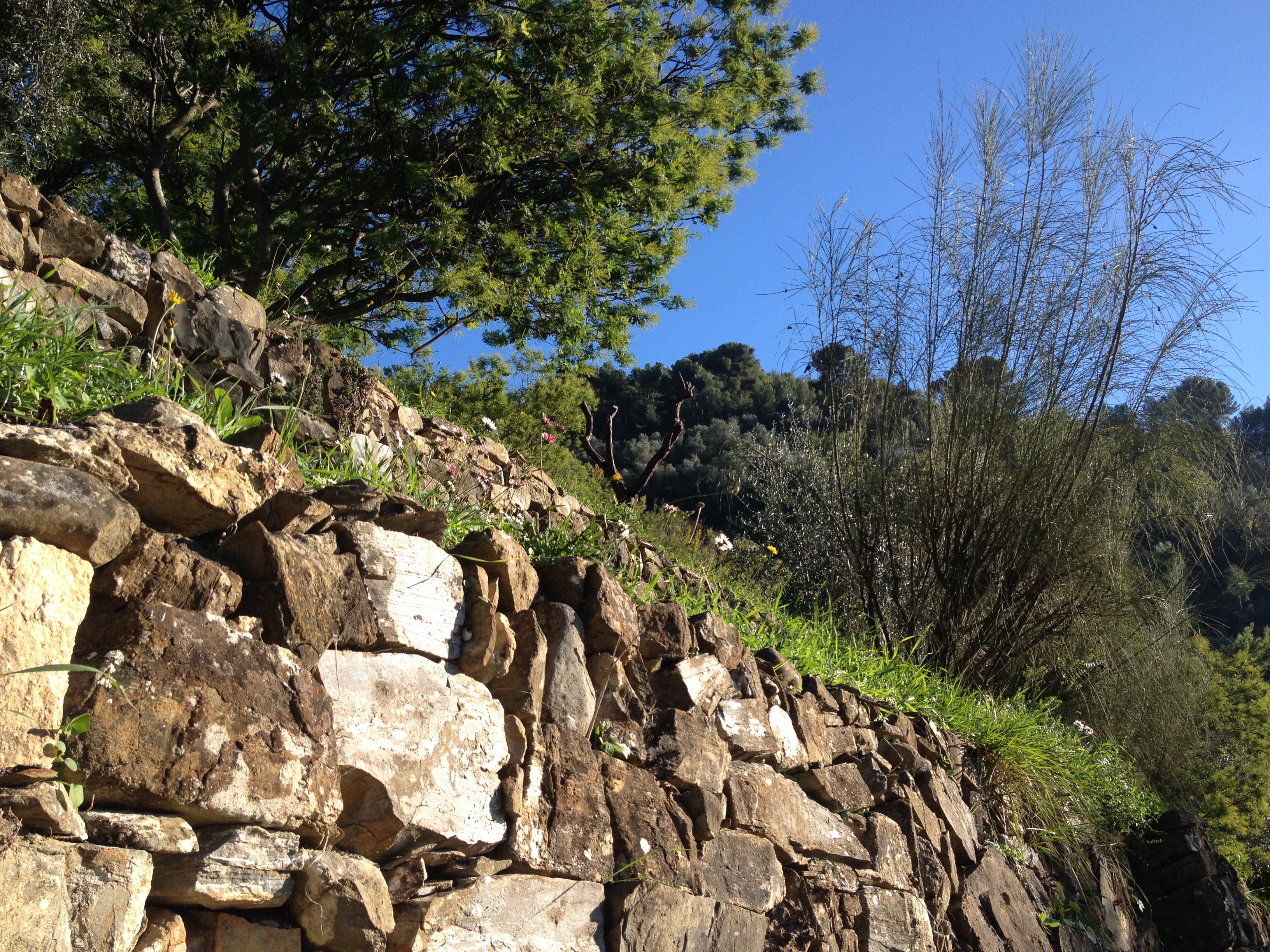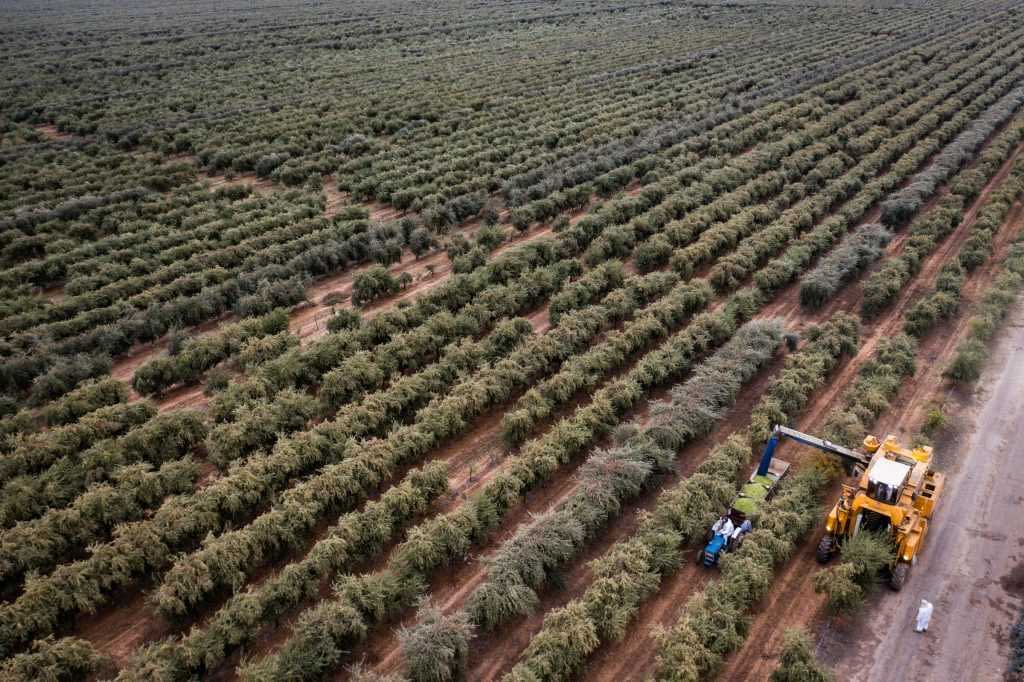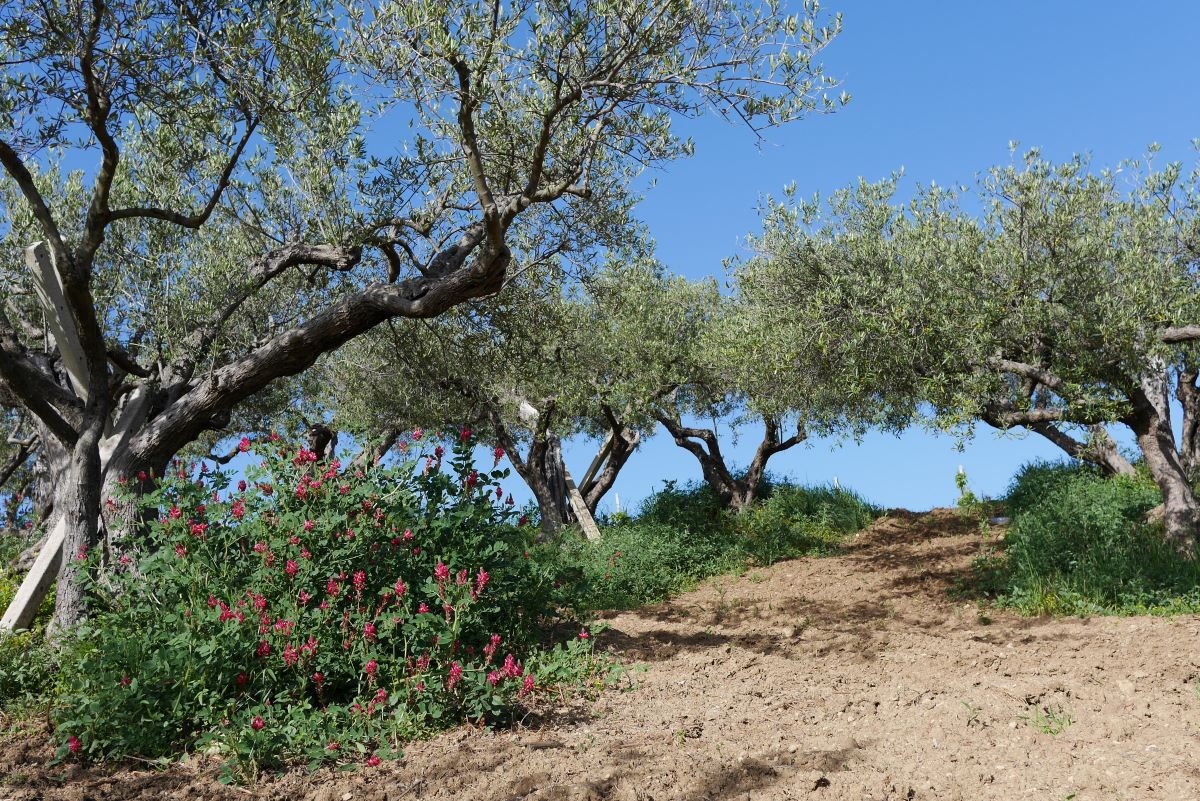The soil beneath our feet is not merely dirt; it is the foundation of life itself. At the heart of sustainable agriculture lies a profound appreciation for the vital role soil plays in nurturing ecosystems and sustaining humanity. Beyond its role in fostering life, soil acts as a carbon sink, sequestering carbon dioxide from the atmosphere and helping to mitigate climate change.
At Nudo, safeguarding soil health is our priority. We achieve this through the implementation of sustainable farming methods across all our groves. These practices aim to preserve or enhance soil quality, fertility, and structure, prioritizing low-impact, nature-based approaches.
One of the most straightforward ways we protect the soil in our groves is by refraining from using any chemical pesticides or poisons. By avoiding the use of chemicals, our farmers encourage the growth of wildflowers, grasses, and native plants, which in turn bolster the integrity of the soil and support a diverse array of insect and animal species.

The terraces on Bestagno grove.
Vegetation cover plays a crucial role in maintaining the health of the grove, particularly at Bestagno, where olive trees grow on terraces. Here, the plants and grasses between the trees help stabilize the soil, preventing potentially disastrous landslides during heavy rainfall. Allowing spontaneous vegetation to flourish also enhances carbon sequestration, thereby reducing greenhouse gas emissions and increasing water retention, which proves invaluable during periods of drought.

Intensive olive farming on a high-density grove (Image Source: Olive Oil Times)
For our farmers, choosing to work in this manner entails facing uncertainty regarding their harvests. With less control over pests like the olive fly, our farmers must rely on timing, luck, and experience. A miscalculation could lead to yield reductions of up to 50%. Conversely, in large-scale, industrialized olive groves, the use of chemical pesticides ensures a more predictable crop for farmers. However, this practice contributes to a barren landscape, heightened risk of summer fires, and heavy dependence on artificial fertilizers. Experts caution that intensive olive farming now poses a significant risk of desertification.
Through our subscription program, our farmers can continue to work their land in the tradition of their ancestors, secure in the knowledge that they have economic stability for the year ahead.
The four key ways our farmers protect soil and encourage biodiversity:
- Companion planting on the grove, using plants such as fava beans to fix nitrogen into the soil and encourage pollinators.
- Encouraging the wild grass, flowers, and vegetation to grow naturally, only cutting it back after it has flowered and self-seeded.
- Using the spring prunings from the trees and cut grass as mulch for the groves. Mulching also means we are not releasing carbon from the land by turning the soil over.
- Only irrigating if essential for the wellbeing of the trees using only water from natural sources, stored in the groves aquifers or pumped from natural water sources.
In the increasingly industrial environment of extra virgin olive oil production, the Nudo Adopt subscription program empowers farmers to continue their sustainable low impact farming methods protecting their trees and land for future generations.





